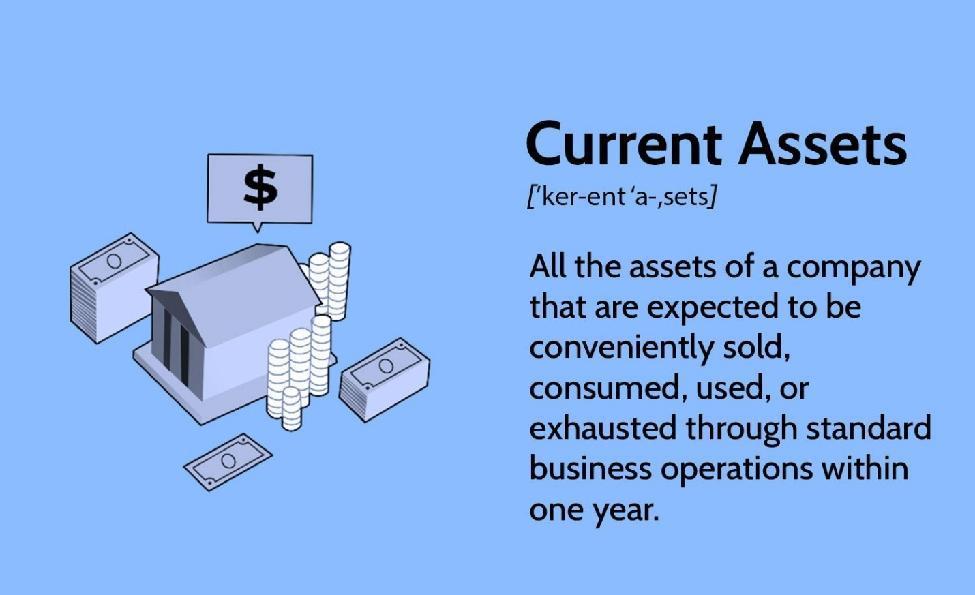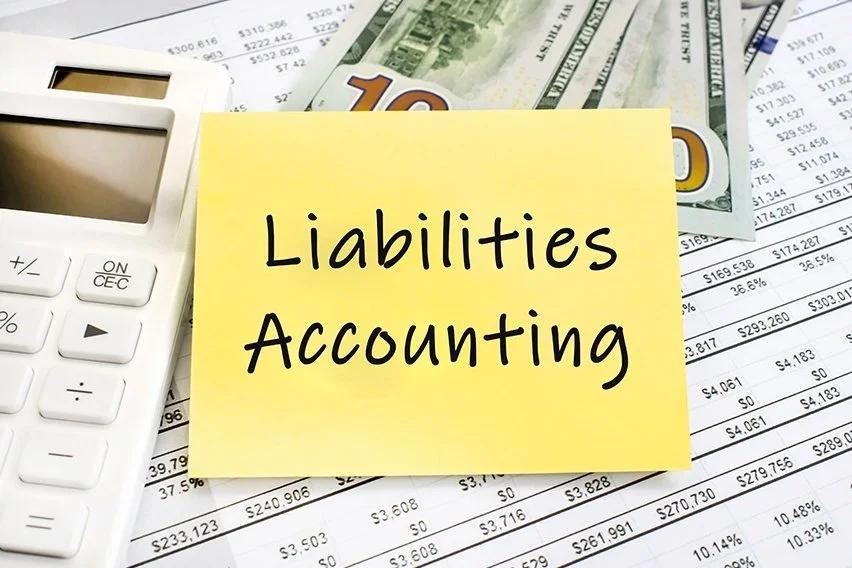How to Calculate Your Net Worth
Feb 14, 2024 By Susan Kelly
Do you know your net worth? Many people aren't sure how to calculate it, yet knowing this important number can profoundly shape your financial goals. A solid understanding of what makes up your Net Worth is an excellent benchmark for measuring progress toward achieving overall financial health.
In this blog post, we will provide readers with a comprehensive guide to accurately assess their current net worth and help them take the necessary steps to improve where needed. Keep reading to learn why Net Worth is so important and how to calculate yours!
Defining Your Net Worth and Why It's Important
Your net worth is a measure of your financial health and well-being. It’s the total of all your assets minus any liabilities you have. Understanding your net worth gives you invaluable insight into where you stand financially and can be used to set goals for yourself regarding investments, retirement planning, debt reduction, and more.
Your net worth is useful for pinpointing your financial strengths and weaknesses. It can help you determine if you’re on track for retirement, indicate how much debt is manageable, or give you an idea of how much money you may need to invest to meet your long-term goals. Additionally, clearly understanding your net worth can help you avoid making costly mistakes like taking on additional debt or spending too much on luxury items.
Your net worth is also an excellent way to track how your financial situation evolves over time. By monitoring your net worth regularly and comparing it against set goals, you can spot any discrepancies and make the necessary adjustments. This is especially helpful if you aim for a specific net worth goal.
Calculating Your Assets

One of the first steps in calculating your net worth is to determine what assets you own. Your assets include cash, real estate, investments, and retirement accounts. It’s important to consider both liquid and non-liquid assets when determining your net worth. Liquid assets are those that into cash quickly; these include cash in your bank account, stocks, or bonds. Non-liquid assets cannot be easily sold for cash, including real estate and vehicles.
When calculating the value of your assets, it’s important to remember to account for their current market value and any outstanding debts associated with them. For example, if you own a home, the property's value should equal the market value minus any mortgage or other loan balances.
You also need to factor in any expected returns from your assets. This includes things like dividends or interest payments on investments, rental income from real estate holdings, and so forth. Once these are accounted for, you can arrive at an accurate estimate of the value of your assets.
Listing and Calculating Your Liabilities

Next, you’ll need to figure out your liabilities in order to accurately calculate your net worth. Liabilities are any debts that you owe—this includes things like credit cards, mortgages, student loans, car loans, and other types of debt.
Calculating your net worth is important to account for both short-term and long-term liabilities. Short-term debts need to be paid off within the next year, while long-term liabilities are typically spread out over a longer period.
When determining the value of your liabilities, you’ll need to include the amount of money owed plus any interest that is accruing. You can find this information on your credit report or by contacting the lenders directly.
Once you’ve calculated the value of your assets and liabilities, subtracting the latter from the former will give you an accurate picture of your net worth. Reviewing these calculations regularly is important to stay on top of your finances and make any changes necessary to achieve your financial goals.
Subtracting Your Liabilities From Your Assets to Get Your Net Worth
To determine your net worth, subtract your liabilities' value from the value of your assets. This will give you a clear indication of how much money you’re worth after debt is considered. A positive number indicates that you are financially sound and have more assets than debts, whereas a negative number means that you may be in debt and could benefit from finding more ways to increase your assets.
Knowing your net worth is an excellent way to stay on top of your finances and ensure you are on track to reach any financial goals you have set. By taking the time to calculate your net worth, you’ll better understand where you stand financially and what steps you need to take to improve your overall financial health.
Making Adjustments to Accurately Reflect your Net Worth
You should also be aware that your net worth can fluctuate over time, and it’s important to make adjustments as needed to accurately reflect your financial picture. If you purchase a new asset or pay off any debts, this will change the equation and should be considered when calculating your net worth.
Furthermore, it’s important to consider any unexpected changes during the year, such as job loss or increased liabilities due to an emergency expense. These occurrences can have a major impact on your net worth and should be considered when making adjustments.
Using Your Net Worth as a Financial Tool
Your net worth is an important financial tool to help you set realistic goals and measure your progress. Knowing your net worth is a way to examine where you are financially and a great way to motivate yourself to continue working towards achieving your financial objectives.
FAQs
What is Net Worth?
Net Worth is a simple yet powerful measure that reflects all of your assets minus any liabilities you may have. It’s the total of everything you own and owes, providing an important snapshot of your financial health. By calculating your net worth, you can better understand how well you’re doing financially and what steps need to be taken to improve.
What Does My Net Worth Include?
Your net worth includes various items, such as cash, checking accounts, savings accounts, investments, retirement accounts, real estate, business interests, and personal property (e.g., cars, furniture). Any liabilities such as mortgages and loans, credit card debt, and student loan balances are on the other side of the equation.
What should my net worth be at 30?
Everyone’s financial situation is different, so there is no clear-cut answer here. But generally speaking, your net worth should be increasing steadily over time. A good goal to shoot for is doubling your net worth by the time you are 30. That may sound ambitious, but it is achievable with careful planning and consistent effort! So set a goal and start taking the necessary steps to get there.
Conclusion
Knowing your net worth is an important step toward achieving overall financial health. By calculating and tracking this key metric, you can better understand where you stand and make the necessary adjustments to reach your goals. With some careful planning and consistent effort, it’s possible to double your net worth by age 30.








